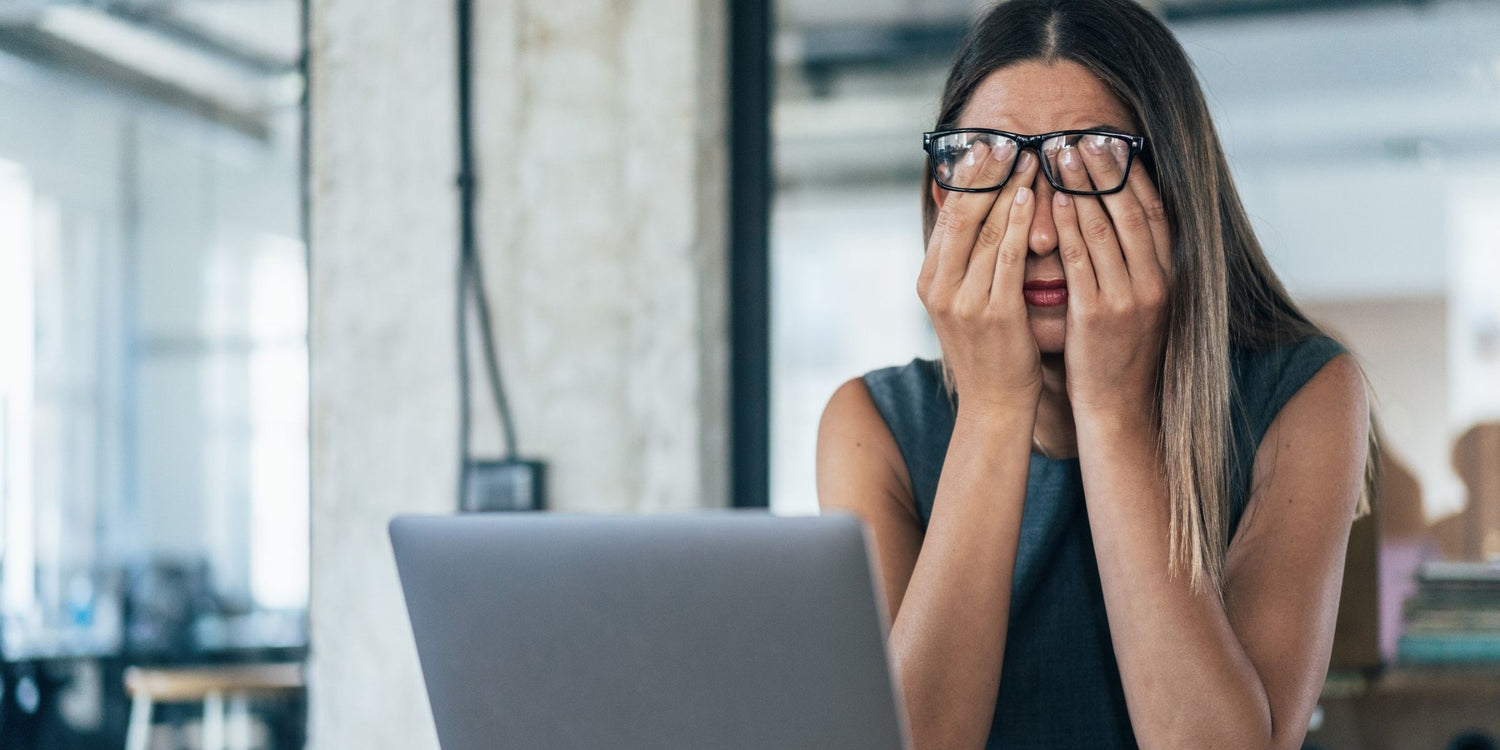What is the importance of iron?
Iron is an essential mineral that is needed to make red blood cells. It helps make a protein called haemoglobin, which carries oxygen from the blood to the tissues in the body and is a component of myoglobin, a protein that delivers oxygen to muscles. Your body also needs iron for the production of energy and to support the proper functioning of the immune system.
The body cannot make its own iron, so you need to get it from your diet. The body is good at conserving iron but still needs a regular supply through our food. If you do not consume enough iron to support your body’s needs over time, you could become iron deficient.
What are the symptoms of low iron?
Aside from feeling tired and fatigued, low iron may show up as:1
- Becoming breathless more easily
- Having poor memory and concentration
- Getting sick more regularly
- Finding it difficult to do aerobic exercise
- Decreased libido
Am I getting enough iron?
Some people have higher iron needs than others and may be at risk of becoming deficient. These include children, teenagers (especially girls), females who have periods and pregnant and breastfeeding women. Athletes are also prone to low iron because regular exercise promotes red blood cell production (which requires iron) and iron is lost through sweating.3 People who follow plant-based, vegetarian or vegan diets may be at risk of low iron since iron from plant-based foods isn’t as readily absorbed as iron from meat, poultry and fish.2 A healthy body absorbs around 18% of iron from a diet that includes red meat as opposed to 10% from a vegetarian one.3
It’s estimated that over 50% of Australians have reduced their red meat consumption4 (for their own valid reasons). However, this may make it harder to meet their iron targets, especially in women. Because of increased losses through their menstrual period, women of reproductive age need more than double the amount of iron as men but are less likely to eat enough iron-rich foods.4 This can manifest as low energy and fatigue.
Do I need an iron supplement?
If you think you may have low iron, seek advice from your doctor. It’s important that you don’t self-diagnose iron deficiency. Whilst iron is a vital mineral for the body, having excess iron can be dangerous. Furthermore, iron deficiency shares symptoms like fatigue, with many other health conditions that need to be ruled out. Your GP may suggest a blood test and, depending on your results, prescribe an iron supplement to support your iron levels.
Some iron supplements are better tolerated and absorbed than others. Iron diglycinate has enhanced absorption and is gentler on the stomach. When combined with vitamin C and other important cofactors, it may help maintain healthy iron levels.
How do I get more iron from my food intake?
Animal-based food sources of iron include red meat from beef and kangaroo, offal such as liver, chicken and turkey, fish and eggs. Plant-based iron can be obtained from green vegetables like broccoli, spinach and silverbeet, nuts and seeds, legumes and beans like chickpeas, kidney beans and lentils, tofu and dried apricots.2 You can boost the absorption of plant-based iron by including vitamin C-rich fruits and vegetables. For example, you could add vitamin-C rich capsicum to your tofu stir-fry, orange wedges to your chickpea salad and eat a kiwifruit after your baked beans. Soaking and sprouting nuts, seeds and grains and lightly cooking iron-rich vegetables like broccoli can also help with absorption.3
References
- Health Direct, 2021, Iron Deficiency, viewed 9th November 2022, <https://www.healthdirect.gov.au/iron-deficiency>
- Higdon J, 2016, Iron, Linus Pauling Institute, viewed 9th November 2022, <https://lpi.oregonstate.edu/mic/minerals/iron>
- Better Health Channel, 2019, Iron, viewed 9th November 2022, <https://www.betterhealth.vic.gov.au/health/ConditionsAndTreatments/iron>
- Saunders A et al 2012, ‘Iron and vegetarian diets’, MJA, vol 1, no 2, pp 11–16




